Does opened wine still improve with age?
By: actCoupons | 2025-08-12
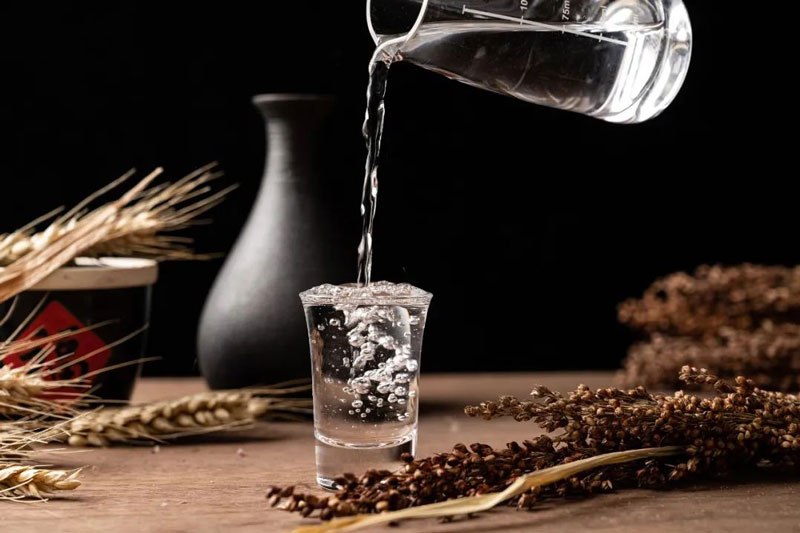
Unlike ordinary beverages, alcoholic beverages contain a certain concentration of alcohol, which inhibits the growth and reproduction of microorganisms, allowing them to last longer.
Under suitable conditions, unopened wine can indeed be stored for a long time, but once opened, the situation changes.
Baijiu no longer "gets better with age" after opening.
There's a long-standing saying that baijiu "gets better with age." In the market, "vintage" and "old" wines command higher prices than "new" wines.
Baijiu's main components are water and alcohol, but it also contains trace amounts of alcohols, acids, esters, and aldehydes. Newly brewed baijiu contains significant amounts of alcohols and organic acids. When properly stored, alcohols and aldehydes undergo a slow chemical reaction to form esters. Esters are the primary aroma compounds in baijiu, and different esters impart distinct aroma characteristics.
Theoretically, if strong, pure-grain liquor is properly stored, its aroma will become richer and more harmonious with longer storage due to the ongoing esterification reaction.
It's worth noting that while most strong liquors become more fragrant with age, they still have a best-case date. Liquor that's been stored for too long is not recommended for immediate consumption. "In theory, liquor becomes more fragrant with age, but once it's been stored for over fifteen or even twenty years, it becomes too mellow and overly aromatic, and drinking it directly is worse than blending it into a new liquor."
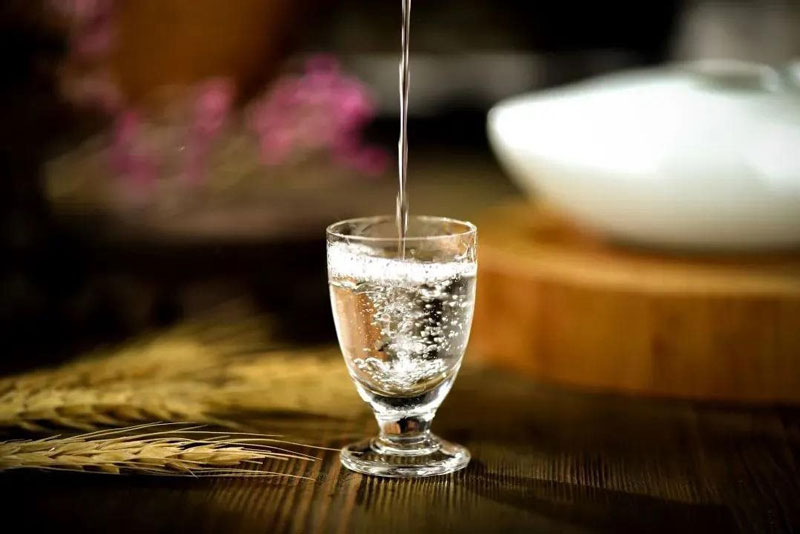
Unlike sealed liquor, which can age and even gain an "aged aroma," opened liquor, exposed to air, can easily lose its flavor if stored improperly or for too long. Acetic acid bacteria in the air can invade the opened liquor, causing it to react chemically to produce acetic acid, which can cause the liquor to become sour.
"Once opened, baijiu loses its tight seal. Temperature fluctuations and air movement cause alcohol and esters to evaporate, deteriorating its quality." Therefore, it's recommended to consume opened baijiu within six months or even a quarter.
To maximize the shelf life of opened baijiu, pay attention to proper storage conditions. First, after opening, seal the bottle tightly with the original cap or a more airtight cork. You can also wrap plastic wrap around the cap to enhance the seal. Second, light can accelerate the oxidation process of baijiu, and large temperature fluctuations can also cause the wine to become unstable. Therefore, it's best to store it in a cool, dark place with relatively stable humidity and temperature, ideally around 70% relative humidity.
In addition, baijiu is a high-alcohol liquor with strong solubility and corrosive properties. Bottles should be stored upright. Store in a cool, dry place to minimize contact between the wine and the cork, preventing the cork from dissolving and deteriorating due to prolonged immersion in the wine. This also reduces alcohol loss. Avoid shaking during storage to prevent accelerated alcohol evaporation.
Also, keep in mind that the less wine left in the bottle after opening, the more air is trapped, making it easier for the wine's aroma to escape. Therefore, any leftover wine can be divided into smaller bottles. This not only reduces aroma loss but also helps control alcohol intake.
The shelf life of wine is significantly reduced after opening.
The alcohol content of wine is generally around Because most wines have an alcohol content above 10% alcohol, they don't have expiration dates.
Unlike white wine, wine doesn't age better with age. Only a few high-quality wines are suitable for long-term storage. Most wines lose their fruity aroma over time, and their best drinking period is typically between 2 and 10 years.
In addition, wine oxidizes rapidly after opening, significantly shortening its shelf life. Any unfinished wine should be refrigerated and consumed as soon as possible.
However, the shelf life of opened wine varies by type. Most wines, corked and refrigerated, can generally last about three days. Red wines generally last longer than white wines.
Most light-bodied white and rosé wines, corked and refrigerated, can last five to seven days. However, over time, the wine will inevitably begin to oxidize, and its fruity aroma will gradually diminish.
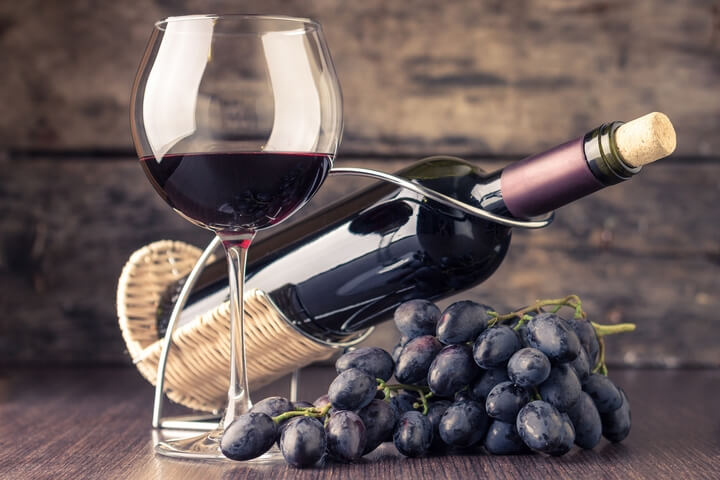
Corked red wines can be refrigerated for three to five days. Generally, red wines with higher tannins and acidity oxidize more slowly.
Specially treated fortified wines, such as Sherry and Marsala, Brandy is added during the brewing process. Once opened, sparkling wine can be stored in a cool, dark place or refrigerator for up to 28 days.
Sparkling wine has the shortest shelf life among all wines because the bubbles escape after opening, and the loss of carbonation means a weakened antibacterial effect. Therefore, even if corked and refrigerated, it can only be kept for 1-3 days at most.
So, if you can't finish the wine in one sitting after opening, how can you extend its shelf life?
Refrigeration is the simplest and most direct method. Storing wine at low temperatures can significantly slow the oxidation and deterioration of the wine. Alternatively, refer to the storage methods for white wine and transfer the wine to smaller bottles to reduce its exposure to oxygen.
Place your wine bottle in a horizontal position, unlike white wine, which is stored vertically. Horizontal storage helps the lees settle and keeps the cork moist, thus isolating it from air. Enter.
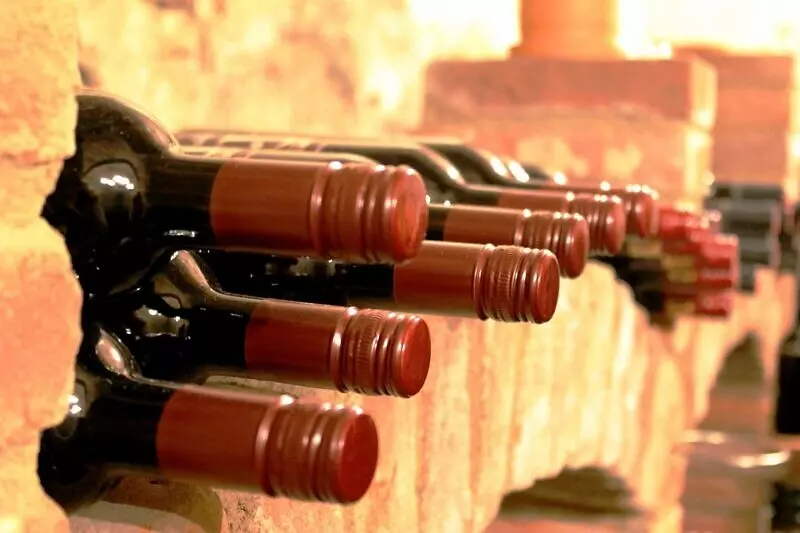
Beer is one of the alcoholic beverages with the shortest shelf life after opening.
Beer is the most prized beverage for its freshness. Compared to liquor and wine, beer has the shortest shelf life.
Common beer, sterilized before leaving the factory, generally lasts six months unopened, and canned beer can last about a year. However, fresh beer, such as raw beer, has a shelf life of only about 7 to 28 days, even unopened.
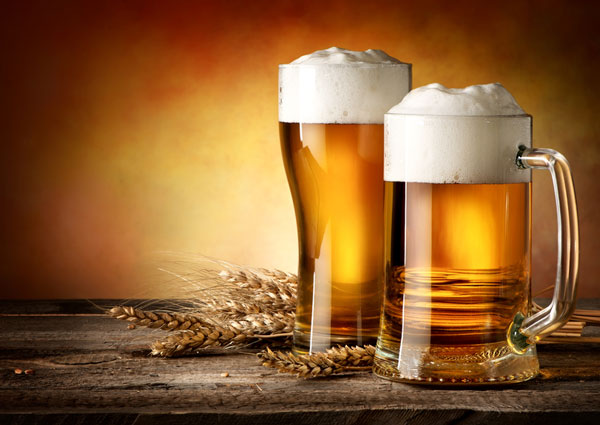
Beer's low alcohol content and rich organic nutrients contribute to its short shelf life. Opened beer, regardless of type, will inevitably oxidize even if refrigerated with a lid, and will likely have already lost its flavor by the next day.
Of course, regardless of the type, the best time to enjoy a beer is right after opening, and drinking it directly is the safest way to preserve it.